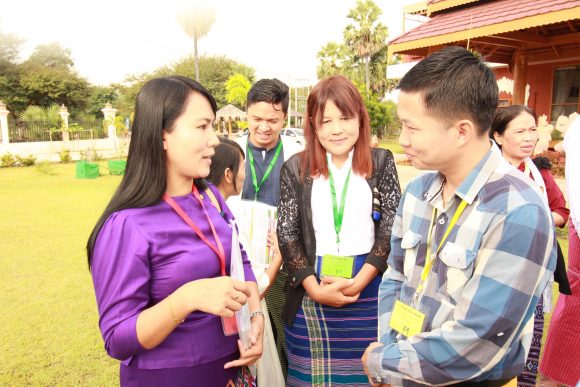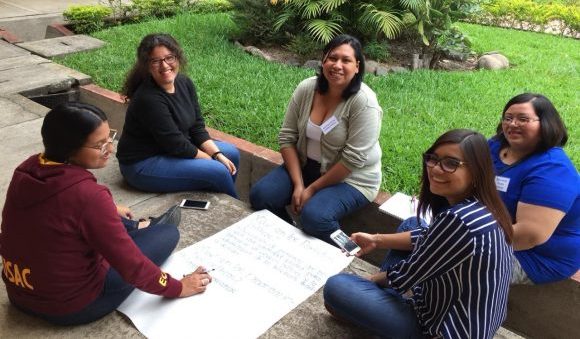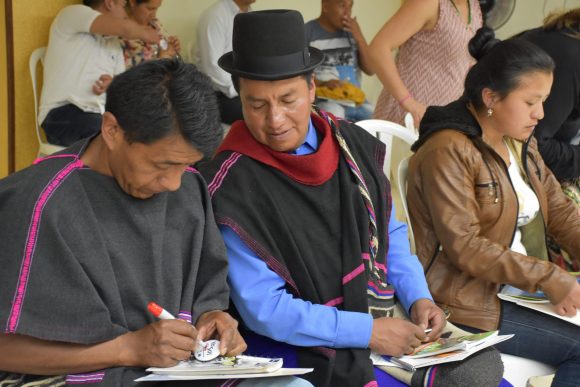#UN75: Democracy starts with dialogue

In a world of dramatic changes and complex problems, from the Covid-19 pandemic to the climate crisis, we need collective action more than ever before.
That’s why, to celebrate its 75th anniversary, the UN has set up a global dialogue. At a pivotal moment in the UN’s history, they are asking people to make their voices heard; to put their heads together to define how we can recover better from the pandemic, and realize a better world.
NIMD couldn’t agree more with this special call for dialogue and inclusion, for opening up to discussion and hearing all voices. It is at the heart of what we do. And we believe it is at the heart of inclusive democracy.
What is dialogue?
Dialogue is not the same as debate or negotiation.
In a true dialogue, all participants have a chance to voice their view. The emphasis is on active listening, trying to understand the viewpoint of the other people around the table with you. And the intention is to build consensus. An effective dialogue enables finding new solutions and new ways forward together.

How does dialogue strengthen democracy?
Strong inclusive democracies are forged through dialogue.
First, and perhaps most importantly, dialogue opens the door to inclusion.
Around us, we are seeing the growth of ideologies that justify exclusion; they will inevitably lead to injustice, tensions, violence and even conflict. To hold onto stability and democracy, we need systems that allow everyone to voice their needs and participate in political decision-making.
By setting up safe spaces, where all groups can be heard in decision-making structures, we can start to work towards a more inclusive society. Dialogue between political actors and the population, for example, is key to this.
What’s more, dialogue encourages us to stand in other people’s shoes. By listening actively to each other, and understanding different viewpoints, different groups can start to understand and respect each other. By finding common ground, they can create new solutions to old and persistent problems.
That’s why dialogue counters polarization, breaks patterns of distrust and prevents conflict. It creates mutual understanding, fosters peaceful collaboration, and enables inclusivity. All of these things are central for a true inclusive democracy.
How does NIMD promote dialogue?
At NIMD, our work is centred around dialogue and trust building.
Whether it is a formal dialogue platform, or an informal gathering, a Democracy School class or an internal training session at a political party office, our intervention strategies and activities are always aimed at bringing people together to collaborate.

In our interparty dialogue platforms, we bring together actors from all political denominations, so that they can overcome barriers and build the foundations for working together. Once a basic level of trust has been established, we help the participants formulate a common agenda for democratic reform. This often translates into real policy change that enhances the lives of citizens and the democratic system of a country.
In addition, we work to open up dialogue between political actors and populations. We support politicians as they find new ways to connect with civil society, their voters, and their populations at large. We set up platforms, where these groups can come together in a spirit of respect, openness and mutual listening.
Once people can influence and understand what their representatives are working towards, they are better equipped to hold those representatives to account, and to become more involved in politics. Equally, political actors can improve policy when they have input from the people it affects most.